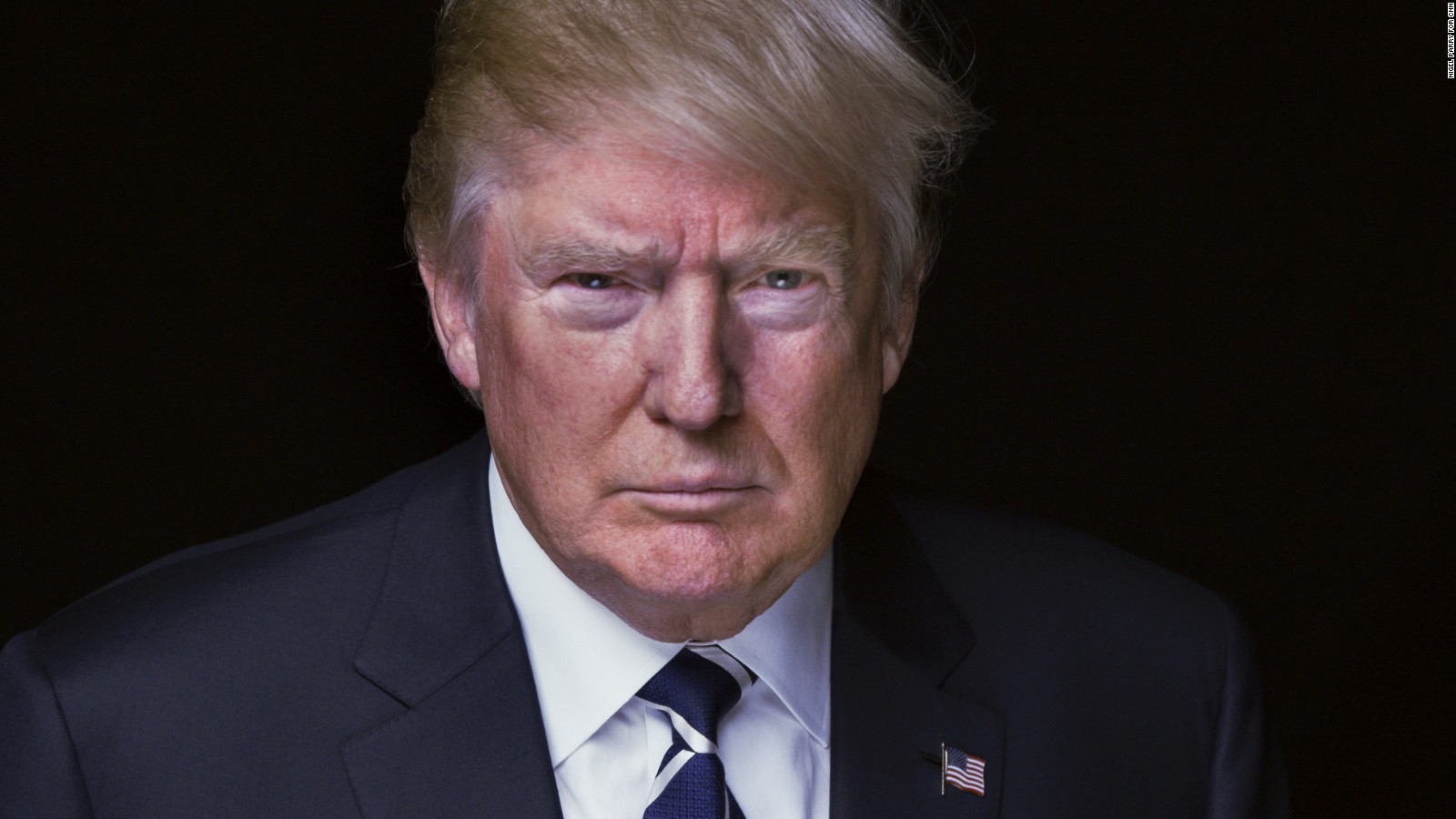Clown no more
British Prime Minister David Cameron, who at one point called Trump's proposed ban on Muslim foreigners entering the United States "divisive, stupid and wrong," said Thursday at a press conference with Japanese Prime Minister Shinzo Abe that Trump "deserves our respect" for making it through the primaries.
Abe, whose country was aghast at Trump's idea of Tokyo acquiring nuclear weapons, was unable to suppress a smirk at his host's comments.
The British leader did not offer an actual mea culpa for his earlier statements, despite a Trump adviser having called on Cameron to apologize for his initial outburst. Indeed, Cameron went on to say that his view about Trump's comments remains.
"I'm very clear that the policy idea that was put forward was wrong, is wrong and will remain wrong, so I'm very clear on that," he said.
But the nod toward Trump marks a subtle shift. Last month, in his first formal foreign policy speech, Trump offered a largely isolationist vision that challenged decades-old foreign policy assumptions of the United States and its allies.
Polls show his charges that NATO member countries need to pay more of their share and that the United States should avoid getting involved in costly wars resonate with the American people.
Many U.S. allies who dismissed Trump as a clown are now starting to respond to the very real possibility that he could become the next leader of the free world.
Mending fences
In February, in response to Trump's pledge to make Mexico pay for a vast wall along the country's border to keep illegal immigrants out of the United States, formerMexican President Vicente Fox retorted, "I'm not going to pay for that f---ing wall."
Last week, Fox took to right-wing media to mend fences. In an interview with Breitbart News, Fox offered an apology to Trump: "If I offended you, I'm sorry."
When announcing his presidential campaign in June, Trump made headlines for calling Mexicans who cross the border to the U.S. "rapists" who bring drugs and crime, though he also said, "Some, I assume, are good people."
"Forgiveness is one of the greatest qualities that human beings have, is the quality of a compassionate leader," Fox told Breitbart. "You have to be humble. You have to be compassionate. You have to love thy neighbor."
However, Fox pointed to Trump's need to do the same. "What about the other way around?" he asked.
Aboard the 'Trump train'
Mexicans are not alone in having been offended by the billionaire businessman. A wide range of U.S. allies have found themselves in Trump's crosshairs, or in disagreement with his policies at some point during the campaign.
Russian President Vladimir Putin, with whom the United States has frosty relations, has been the rare world leader with positive words for the Republican candidate.
But with the growing chances of a Trump presidency, international figures are beginning to swallow their distaste and jump aboard what his advisers call the "Trump Train" -- or at least temper their comments.
China, a frequent Trump target for alleged currency manipulation and unfair trade practices, has generally avoiding wading into the U.S. political campaign. But even Finance Minister Lou Jiwei last month called the candidate "irrational" over his proposal to impose tariffs on importedChinese goods.
After Trump's strong showing in Indiana on Tuesday, and on the heels of Trump's recent statements that China was "raping" the United States in unbalanced trade deals, China's Foreign Ministry offered a more positive, if still pointed, commentary on the likely Republican nominee.
"What needs to be pointed out is that the essence of Sino-U.S. trade and business cooperation is mutually beneficial and win-win, and accords with the interests of both sides," Foreign Ministry spokesman Hong Lei told reporters.
"We hope people in all fields in the U.S. can rationally and objectively view this relationship."



No comments:
Post a Comment